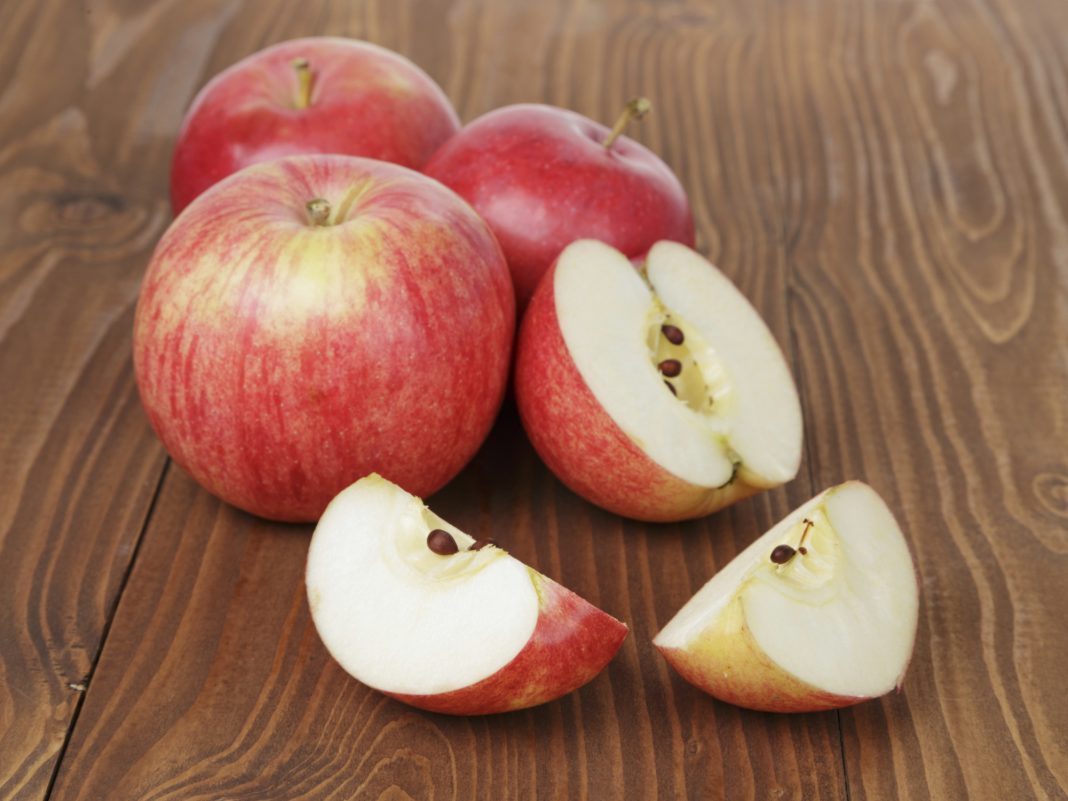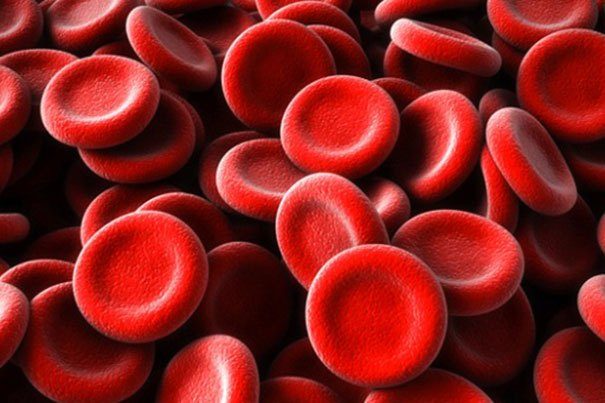Are Apple Seeds Poisonous to Humans?
Apple seeds are a common concern for many people, as they are known to contain a small amount of amygdalin, a compound that can release cyanide when metabolized. However, the amount of amygdalin in an apple seed is generally too small to be harmful to humans unless consumed in large quantities.
According to the United States Department of Agriculture (USDA), a single apple seed contains about 0.6 milligrams of cyanide per gram of seed. This means that a person would need to consume a large amount of apple seeds to experience any toxic effects. For example, a person would need to eat around 200 apple seeds in a single sitting to potentially experience harmful effects.
It’s worth noting that apple seeds are typically not consumed in large quantities by humans, as they are typically removed from the fruit before consumption. However, if you accidentally swallow a few apple seeds, there is generally no need to be concerned, as the small amount of amygdalin in the seeds is unlikely to cause any harm.
Do apple seeds contain cyanide?
Yes, apple seeds contain a small amount of a compound called amygdalin, which can release cyanide when metabolized by the body. However, the amount of amygdalin in an apple seed is typically too small to cause harm to humans unless consumed in extremely large quantities.It’s generally not a cause for concern if you accidentally swallow a few apple seeds, but it’s always best to remove them from the fruit before consumption if possible.
Benefits of Apple Cider Vinegar
Apple cider vinegar is a type of vinegar made from fermented apple juice. It has been claimed to have various health benefits, including improving digestion, aiding in weight loss, lowering blood sugar levels, and improving skin health. However, many of these claims are not supported by scientific evidence, and some of them may even be harmful if consumed in excess. While apple cider vinegar may have some potential health benefits, it is important to consult with a healthcare provider before using it as a treatment or supplement.
- Culinary uses: Vinegar is commonly used in cooking and food preparation. It adds flavor to various dishes, enhances the taste of sauces, dressings, and marinades, and acts as a natural preservative for pickles and canned foods.
- Cleaning agent: Vinegar’s acidic properties make it an effective natural cleaner. It can be used to remove stains, disinfect surfaces, and eliminate odors. Vinegar is particularly useful for cleaning windows, countertops, and kitchen appliances.
- Health and wellness: Consuming small amounts of vinegar, such as apple cider vinegar, has been associated with potential health benefits. It may help regulate blood sugar levels, promote weight loss, and improve digestion. However, it’s important to consult a healthcare professional before making significant changes to your diet.
- Weed killer: Vinegar can serve as an eco-friendly alternative to chemical weed killers. Applying vinegar directly to unwanted plants can help eliminate them, especially in small areas like driveways or garden beds.
- Pest control: Vinegar acts as a natural deterrent for certain pests, such as ants and fruit flies. Placing vinegar-soaked cotton balls or using vinegar in homemade repellents can help keep these pests at bay.
- Laundry aid: Adding vinegar to your laundry can have multiple benefits. It can help remove odors, soften fabrics, and act as a natural fabric conditioner. Additionally, vinegar can assist in stain removal, especially for items like coffee or wine spills.
What Poison is in Apple Seeds
Apple seeds contain a small amount of a compound called amygdalin, which can release cyanide when metabolized by the body. Amygdalin is found in a variety of fruits, including apples, peaches, apricots, and cherries. While amygdalin itself is not toxic, it can release hydrogen cyanide when it comes into contact with enzymes in the body.
Hydrogen cyanide is a highly toxic substance that can interfere with the body’s ability to use oxygen, leading to rapid breathing, dizziness, and even death. However, the amount of amygdalin in an apple seed is typically too small to cause harm to humans unless consumed in extremely large quantities.
According to the United States Department of Agriculture (USDA), a single apple seed contains about 0.6 milligrams of cyanide per gram of seed. This means that a person would need to consume a large amount of apple seeds to experience any toxic effects. For example, a person would need to eat around 200 apple seeds in a single sitting to potentially experience harmful effects.
Conclusion
In conclusion, apple seeds contain a small amount of amygdalin, which can release cyanide when metabolized by the body. However, the amount of amygdalin in apple seeds is typically very low and is generally considered safe for consumption in small quantities. It would require consuming a large number of apple seeds at once to potentially experience harmful effects.
The human body can detoxify small amounts of cyanide, and the cyanide levels found in apple seeds are unlikely to cause significant harm to healthy individuals. Nonetheless, it is still recommended to avoid consuming apple seeds in large quantities or as a regular part of your diet.



















